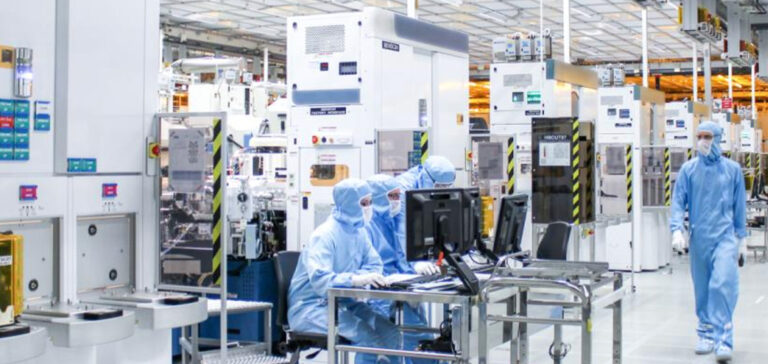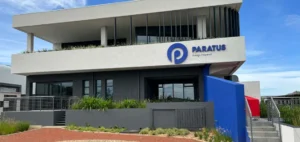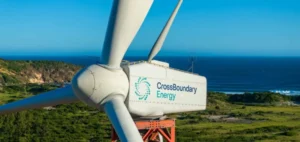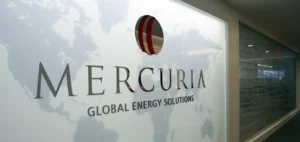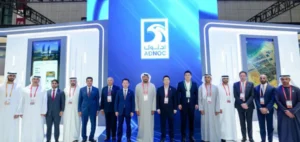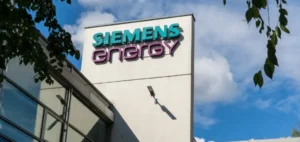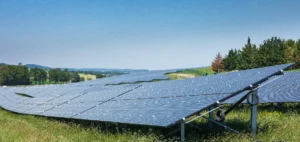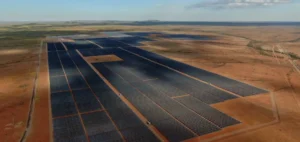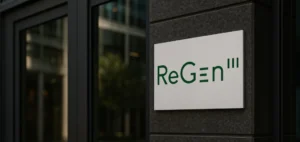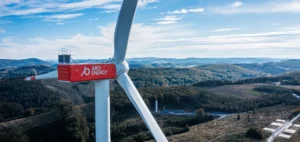The aim is “to meet growing demand (…) for automotive and industrial applications as part of the transition to electrification and the pursuit of greater energy efficiency,” STMicroelectronics said in a statement.
The plant, which will be located at STMicroelectronics’ industrial center in Catania, will receive a €292.5 million grant under the European Chips Act.
This plan approved by the European Commission in February 2022 proposes to release 43 billion euros for the semiconductor industry, to reduce dependence on Asia in this area.
Production at the plant is expected to begin in 2023, according to STMicroelectronics.
Silicon carbide, which was developed by Tesla, can be used to manufacture components that reduce the electricity consumption of vehicles.
“They allow us to make either cars that go further, or smaller batteries,” Jean-Christophe Eloy, CEO of the specialized research company Yole Developpement, told AFP.
The STmicroelectronics announcement follows similar announcements in September from Americans Wolfspeed and Onsemi, he noted. Wolfspeed has announced a €5 billion investment in its North Carolina plant in the United States to increase its production capacity.
Onsemi plans to invest an additional $300 million in its Roznov plant in the Czech Republic. France’s Soitec had also launched in March 2022 the construction of a high-end silicon carbide substrate plant at its historic site in Bernin, near Grenoble.
The first products are expected to be on the market in the second part of 2023.
After the confinements, the semiconductor market experienced a shortage situation, which led producers to run their factories at full capacity, unable to quench the market’s thirst.


